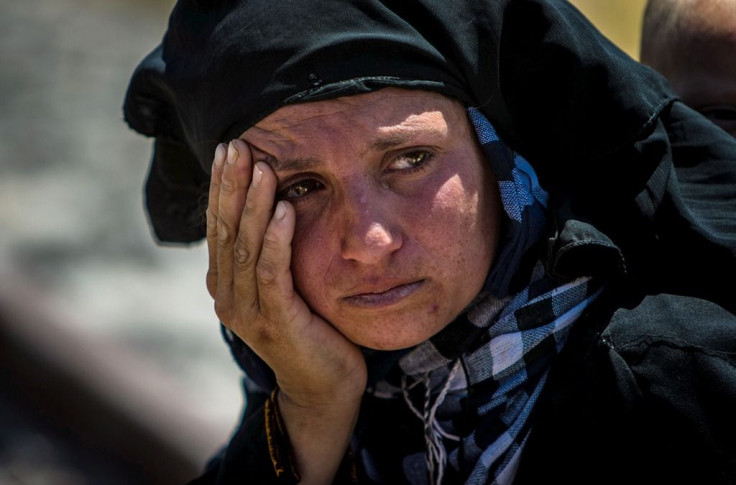World Powers To Blame For 'Madness' In Syria: UN Secretary-General

UN Secretary-General Ban Ki-moon said Syria is on the brink of collapse -- and he blamed the world's major powers for failing to stabilize the country's political situation. Ban said more than 220,000 Syrians have died in the conflict there, now in its fifth year. He reminded that a blueprint to bring peace to the country had already been approved by world powers in Geneva three years ago.
Ban said it was shameful that the major powers could not bring peace to Syria. "It is time to find an exit from this madness," Ban said, as Al Arabiya reported. "The international community, and in particular the Security Council, cannot afford to waste any further time in ending the cycle of violence." He said almost half of Syria's population had left their homes.
According to Ban, there were "horrendous" human rights violations in Syria. Tens of thousands of people suffer torture and prolonged detention, he said. Ban was speaking on the third anniversary of the Geneva agreement for Syria that had taken place June 30, 2012.
Ban also said that the suffering experienced by Syrians had reached “new depths.” He asked the international community to work together with his special envoy to implement the Geneva Communiqué. He called for genuine action before more “irreparable damage” is done to Syria.
The U.N. Secretary-General said there could be no “impunity” for the kind of inhumanity going on in Syria. However, he said that extremists like Islamic State group and the al-Nusra Front were responsible for unrest in the country. He added that the cultural heritage of the country was “under assault.”
The U.N. Office for the Coordination of Humanitarian Affairs reported that around 12 million people -- including 5.6 million children -- in Syria are in need of humanitarian assistance. The number has increased 12-fold since 2011. The report says that the conflict has displaced 7.6 million people. Around 4.8 million people cannot access humanitarian assistance because they live in besieged locations.
© Copyright IBTimes 2024. All rights reserved.











